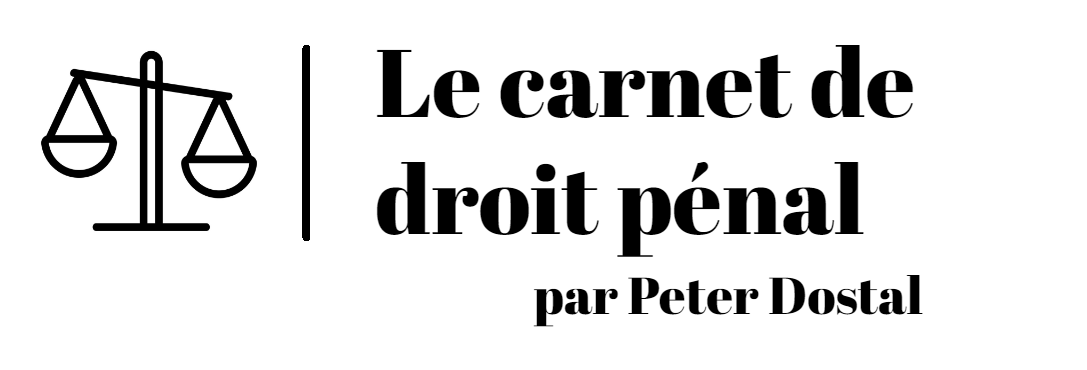« Admissions » : différence entre les versions
m Remplacement de texte : « 525l » par « 525m » Balises : Modification par mobile Modification par le web mobile |
m Remplacement de texte : « 1q51r » par « 1q51q » Balises : Modification par mobile Modification par le web mobile |
||
| Ligne 48 : | Ligne 48 : | ||
{{CanLIIRPC|McFall v The Queen|1z45s|1979 CanLII 176 (CSC)|[1980] 1 RCS 321}}{{perSCC|Ritchie J}}<br> | {{CanLIIRPC|McFall v The Queen|1z45s|1979 CanLII 176 (CSC)|[1980] 1 RCS 321}}{{perSCC|Ritchie J}}<br> | ||
{{CanLIIRP|Starr|525m|2000 CSC 40 (CanLII)|[2000] 2 RCS 144}}{{perSCC|Iacobucci J}}{{atL|525m|217}}<br> | {{CanLIIRP|Starr|525m|2000 CSC 40 (CanLII)|[2000] 2 RCS 144}}{{perSCC|Iacobucci J}}{{atL|525m|217}}<br> | ||
{{CanLIIRP|Kelawon| | {{CanLIIRP|Kelawon|1q51q|2006 CSC 96 (CanLII)|[2006] 2 RCS 787}}{{perSCC|Charron J}}{{atL|1q51q|96}} ("While a statement made by a co-accused was admissible for its truth against the co‑accused, it remained hearsay as against the accused. The co-accused had recanted his statement at trial. His statement was not shown to be reliable so as to be admitted as an exception to the hearsay rule against the accused. ... [R v C(B)] simply reaffirms the well-established rule that an accused’s statement is only admissible against its maker, not the co-accused.")<br> | ||
</ref> | </ref> | ||
